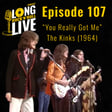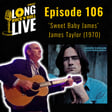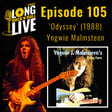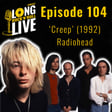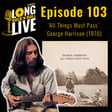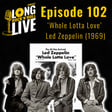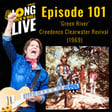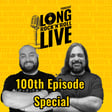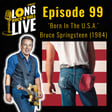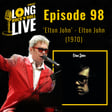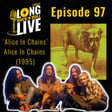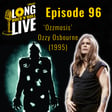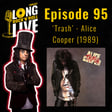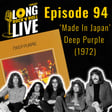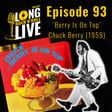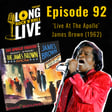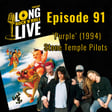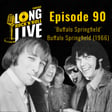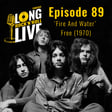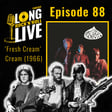
27. The Animals
27. The Animals
‘Animal Tracks’
In the early 60s, a hugely important British band, from Newcastle, would form. The Animals were part of the culturally phenomenal British Invasion of the US. Along with the likes of The Beatles, The Kinks, The Hollies and more, they brought their British Pop over to the States and left their mark.
But one aspect of The Animals was very different to their counterparts; their music had strong influences from already popularised American music styles. From Blues to R&B, Rock N Roll to Motown and Gosepl to Doo-Wop - The Animals left their mark on both sides of the pond by incorporating these different genres into one hybrid style and executed their British-American music to perfection.
Laz & Felipe take a different approach this episode and go through some of The Animals’ greatest hits from the ‘The Singles Plus’ album and talk about the differing styles, influences, lyrical meanings and genres they hear from song to song!
(In this way, the episode playlist has been structured like so: 1) Animals song 2) Original version of that song [where available] 3) Other earlier or notable covers of the song [where available] 4) Stylistic examples of other songs that we hear)
Episode 27 Playlist: https://open.spotify.com/playlist/3aLQEOzUCf13Ww2H75Y9nz?si=c3406aa0675e4d29
Portishead - S.O.S (ABBA Cover): Portishead - SOS
LONG LIVE ROCK ‘N’ ROLL
- Follow the Podcast on Social Media: https://linktr.ee/longlivernrpod
- Get in touch and/or leave us a review: longliverocknrollpodcast@gmail.com
- Podcast Music by GeriArt, NaturesEye, astrofreq, Twisterium from Pixabay
- Podcast Art by Ross Davidson (@ross_feelshame)
